Francis Ford Coppola's Favorite Movies | Screen Rant
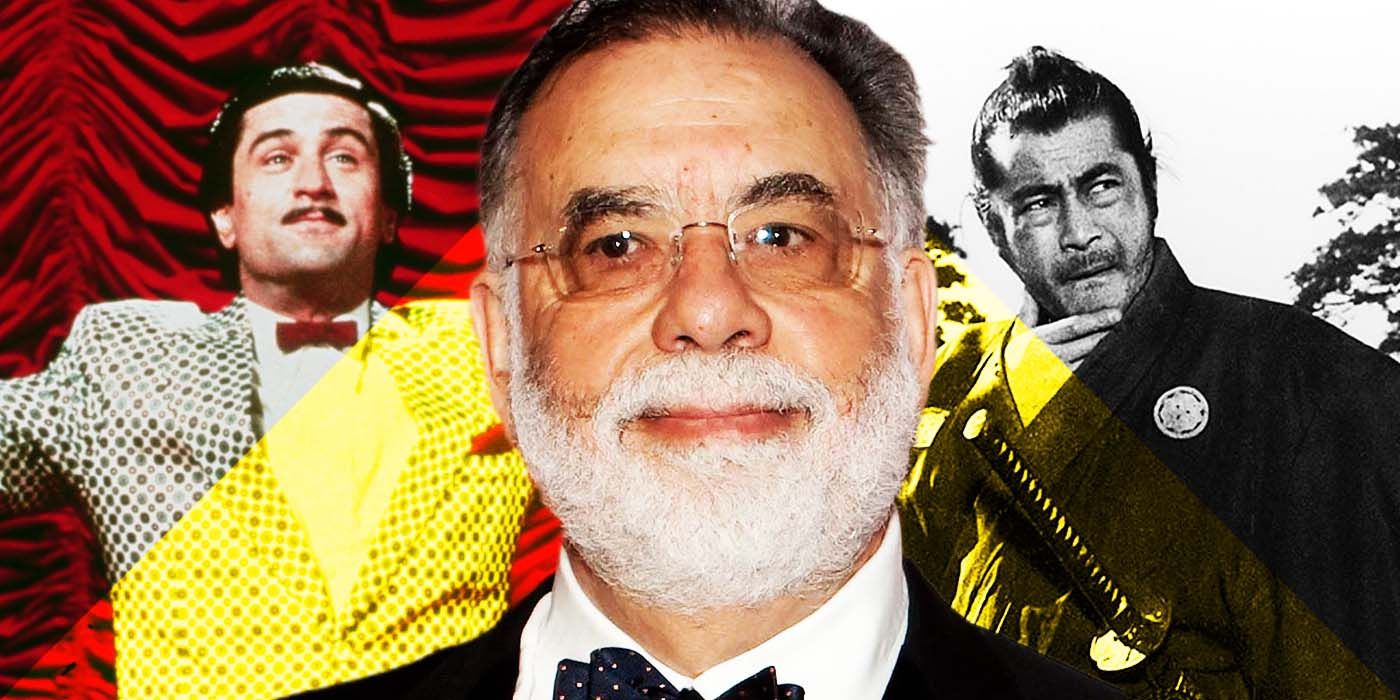
The acclaimed American filmmaker, Francis Ford Coppola, has directed a number of great films over the years, but here are his favorite movies. Francis Ford Coppola is known for such classics as The Godfather, Apocalypse Now, and The Conversation. Over the course of a career spanning five decades, Coppola produced both acclaimed blockbusters and obscure cult classics.
Francis Ford Coppola emerged out of the New Hollywood movement of the late '60s and '70s. This era of Hollywood cinema was defined by the singular visions of filmmakers who reacted against the conventions of classic Hollywood movies. Filmmakers such as Steven Spielberg, Dennis Hopper, Michael Cimino, and Stanley Kubrick made a name for themselves during this era. Coppola was one of the most financially successful filmmakers during the '70s - however, this period of American cinema came to an end in the '80s with the commercial failures of movies like Michael Cimino's Heaven's Gate and Francis Ford Coppola's own One From The Heart.
One of the defining features of Coppola's filmography is the director's ability to adapt to a variety of different genres, as well as to different levels of production from big-budget epics to self-financed indie projects. Coppola's filmography includes both campy, Gothic horror flicks such as Bram Stoker's Dracula and Twixt, as well as subtle character dramas like The Rain People and Tetro. It makes sense, then, that Francis Ford Coppola's influences would also be varied and eclectic, ranging from old Hollywood classics to European art cinema. With that in mind, here are the filmmaker's 10 favorite movies.
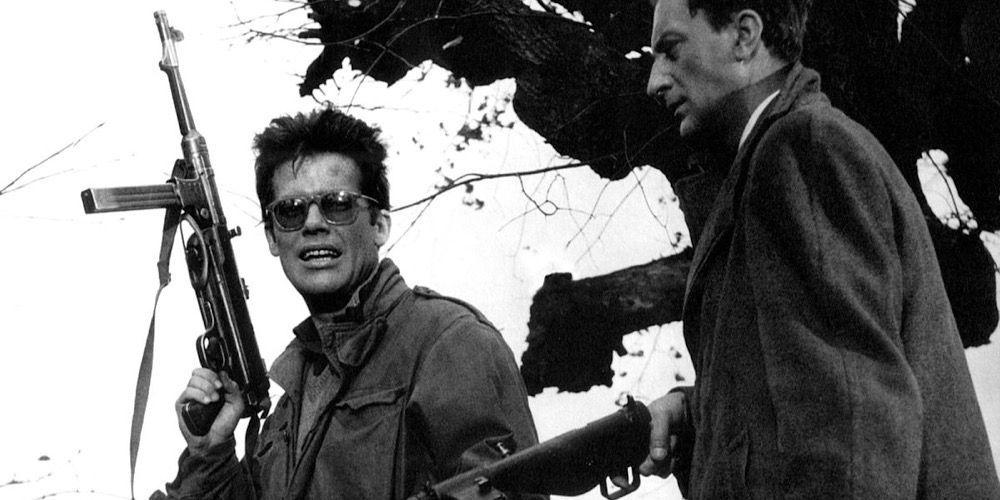
Ashes And Diamonds is a 1958 Polish drama directed by Andrzej Wajda. After their failed attempt on the life of a local secretary of the Polish Worker's Party, two assassins arrive at a hotel where one of them falls in love with a barmaid. What ensues is a stylized contemplation of post-war Poland's divided political consciousness. Former Home Army soldier, Maciek, must choose between love or a life of violence in this tragic morality tale that would shape the future of Polish cinema. Wajda's thrilling mix of stylish cinematography and social realism is reminiscent of the kind of aesthetic Coppola would later apply to some of his masterpieces, so it's no surprise that Ashes And Diamonds was a source of inspiration for the American filmmaker - and it's also among Martin Scorsese's favorite movies.
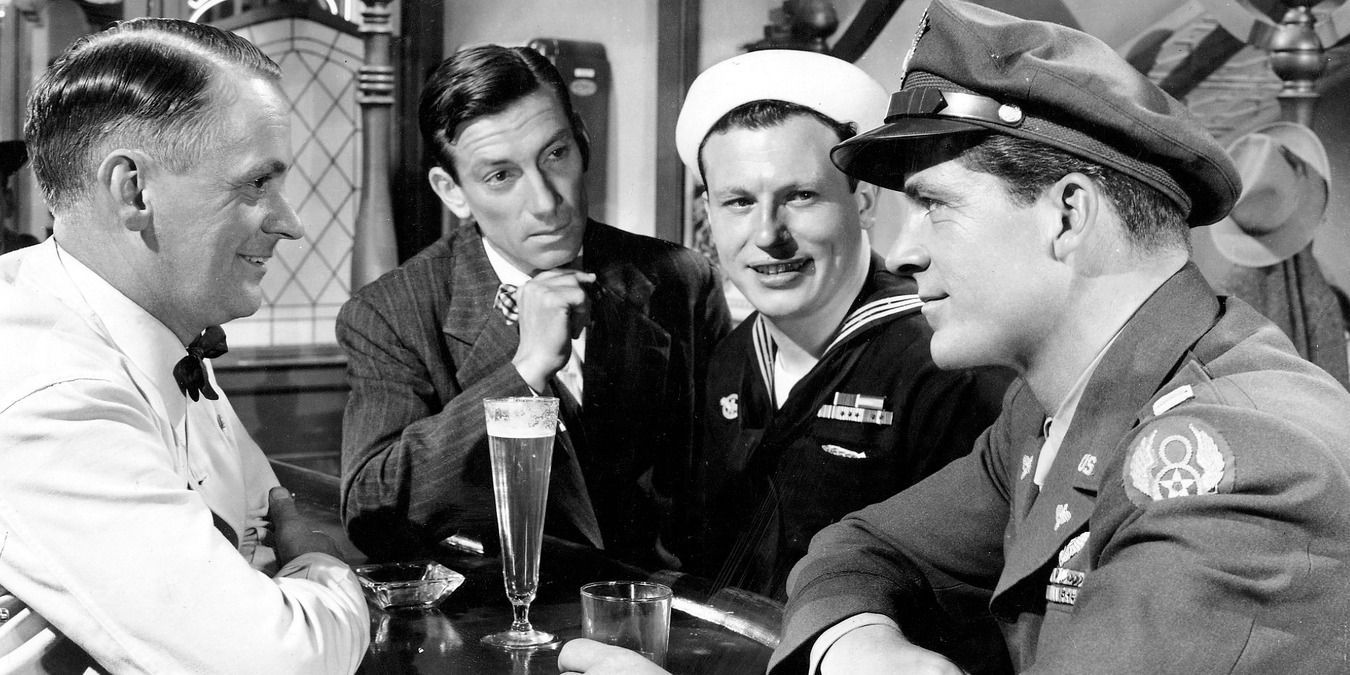
William Wyler's epic drama The Best Years Of Our Lives follows three World War II veterans as they return home and find their lives forever changed. Similar to Andrzej Wajda's classic, The Best Years Of Our Lives deals with social and cultural shifts in the aftermath of war. Wyler's film focuses more and how war veterans reintegrate normal civilian life and how they reckon with the fact that they will never be able to return to the innocence of their pre-war lives. Coppola's interest in the effects of war on a soldier's psyche in a film like Apocalypse Now, or post-war America in The Godfather, find their roots in the kind of character drama seen in The Best Years Of Our Lives.
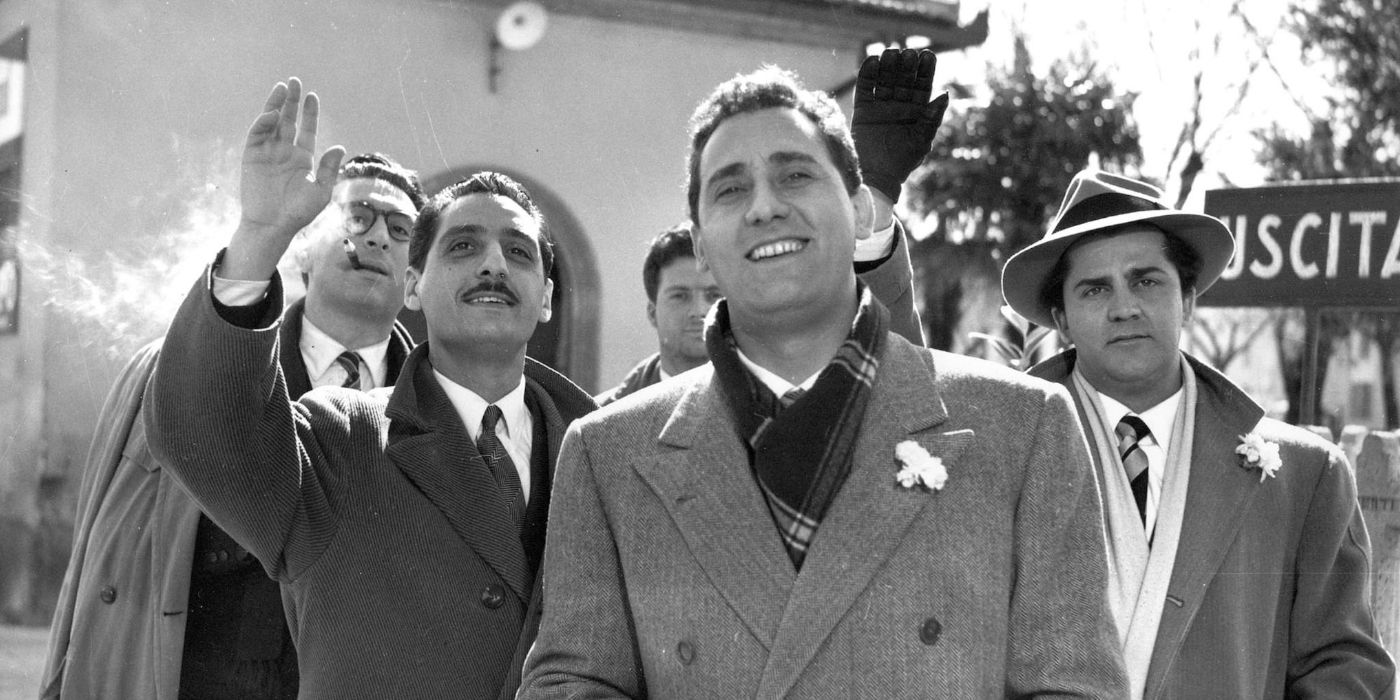
Continuing the trend of Coppola's interest in post-war dramas in another one of the director's favorite films: Federico Fellini's I Vitelloni. This film is an interesting pick seeing as it is one of Federico Fellini's lesser-known films. I Vitelloni follows the lives of five young Italian men in a small coastal town in 1950s Italy. The main characters spend their time aimlessly wandering around trying to divert themselves by whatever means possible, but over the course of the film, they are confronted with the pressing fact that they must grow up. The film is deemed to be an important stage in the artistic development of Federico Fellini's films, setting up some of the stylistic flourishes that would later become his signature aesthetic.
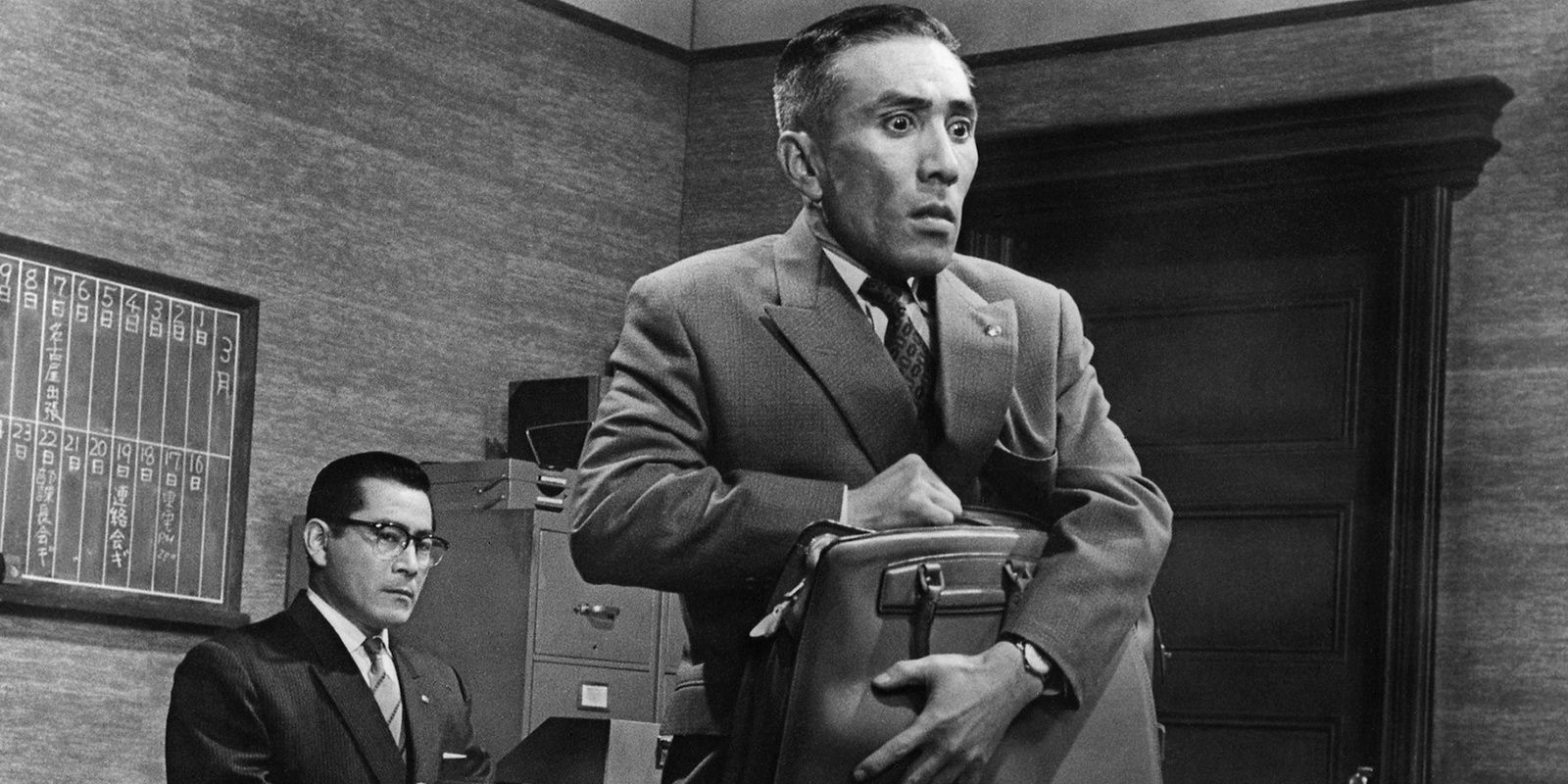
The first of the two Akira Kurosawa films on Francis Ford Coppola's favorite movies list is the 1960 crime mystery, The Bad Sleep Well. Coppola once said of the acclaimed Japanese filmmaker, "One thing that distinguishes Akira Kurosawa is that he didn't make a masterpiece or two masterpieces, he made, you know, eight masterpieces." It's no surprise then to see Kurosawa featured twice on this list. The Bad Sleep Well is a revenge thriller about a young man who marries the daughter of a corrupt businessman in order to avenge his father's suicide. The film is noted for its tragic and nihilistic outlook and is clearly an influence on some of Coppola's more pessimistic flicks.
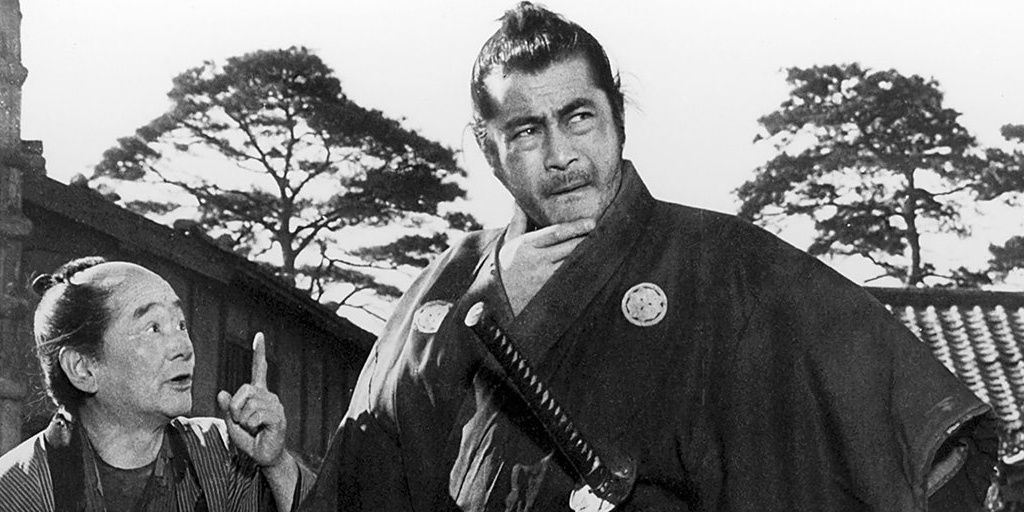
Akira Kurosawa's films have influenced many American filmmakers in a variety of ways, so it's not surprising to see two of his films among Coppola's favorites. However, the connection between Kurosawa's 1961 classic, Yojimbo, and Coppola's own style might not be so obvious, seeing as the American filmmaker never made a samurai movie set during the late Edo period, and he was generally not too interested in directing action films. However, Kurosawa's sense of shot composition and his knack for building tension through meticulous editing and blocking has been an inspiration to many filmmakers, regardless of genre.
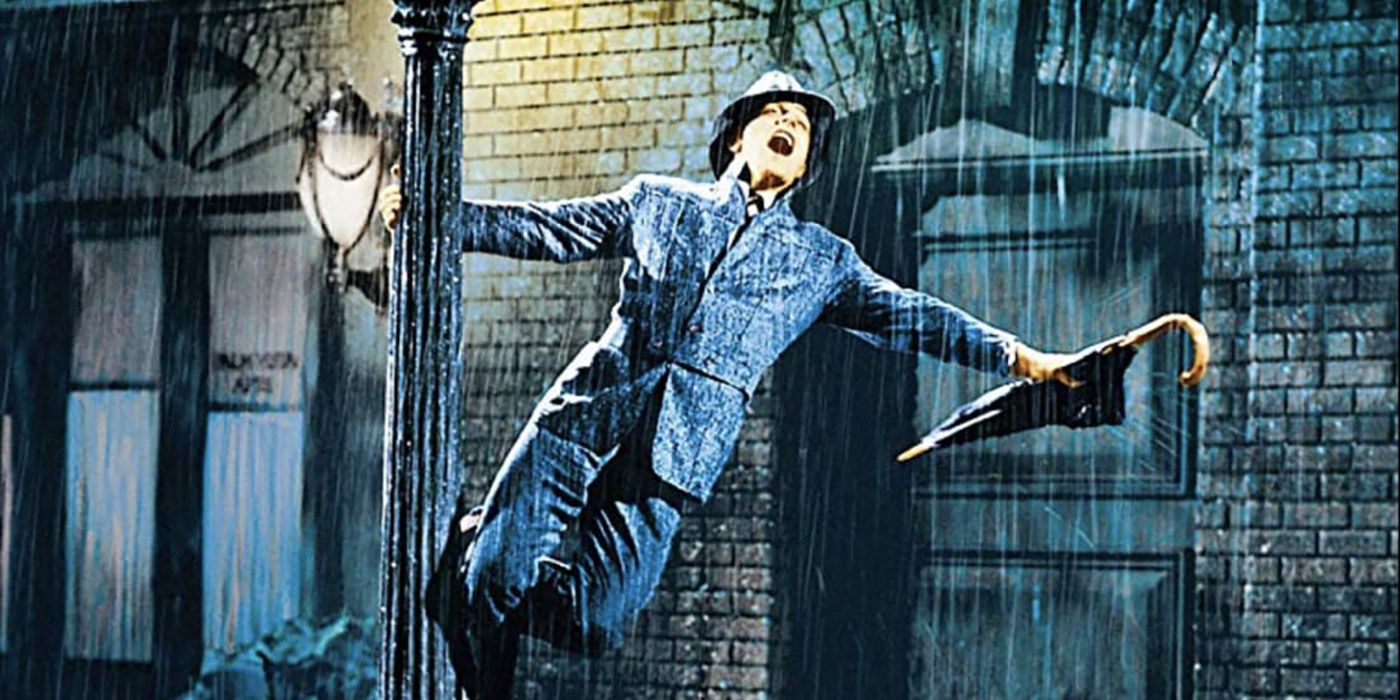
Considering Francis Ford Coppola's love for musicals (as can be seen in One From The Heart and Tetro) it's no surprise to find a classic Hollywood musical like Singin' In The Rain on this list. Gene Kelly and Stanley Donen's romantic comedy about three actors caught in the transition from silent films to "talkies" is one of the most beloved and acclaimed Hollywood films from the '50s and would presumably be a nostalgic memory for Coppola, who was only 13 years old when the movie was released.
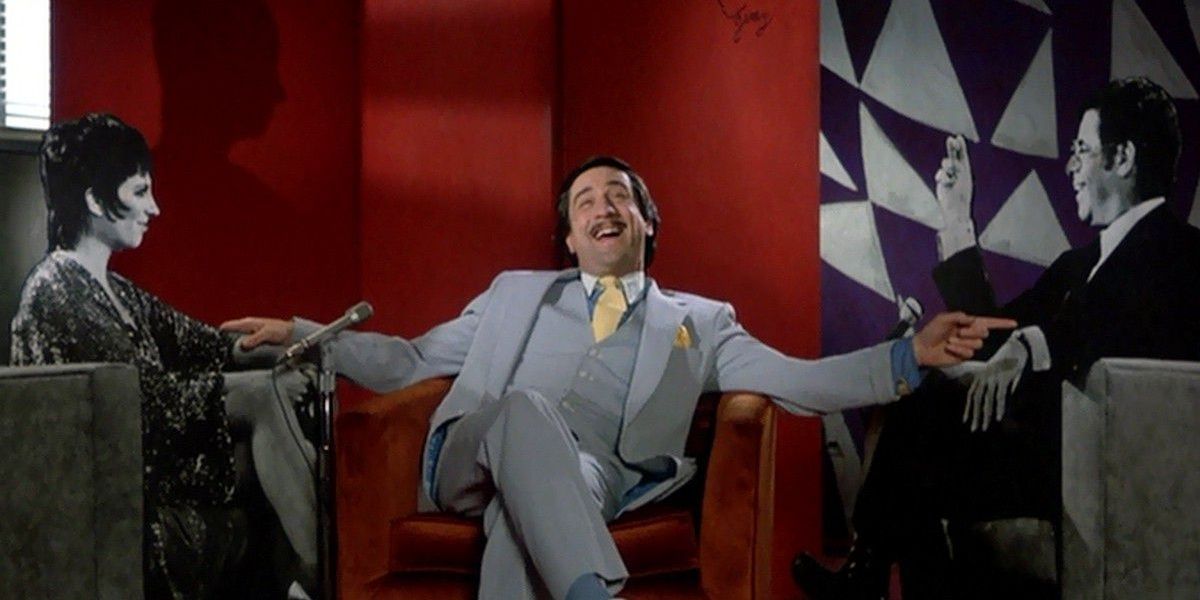
Martin Scorsese's The King Of Comedy is a satirical black comedy about a delusional, aspiring stand-up comedian, played by Robert De Niro, who dreams of making an appearance on a popular talk show. The film is a prescient look at celebrity culture and the desperate lengths some people will go to in order to attain their 15 minutes of fame. The film's very particular brand of black comedy was very influential, as viewers can find echoes of Robert De Niro's character in Joker, for example.
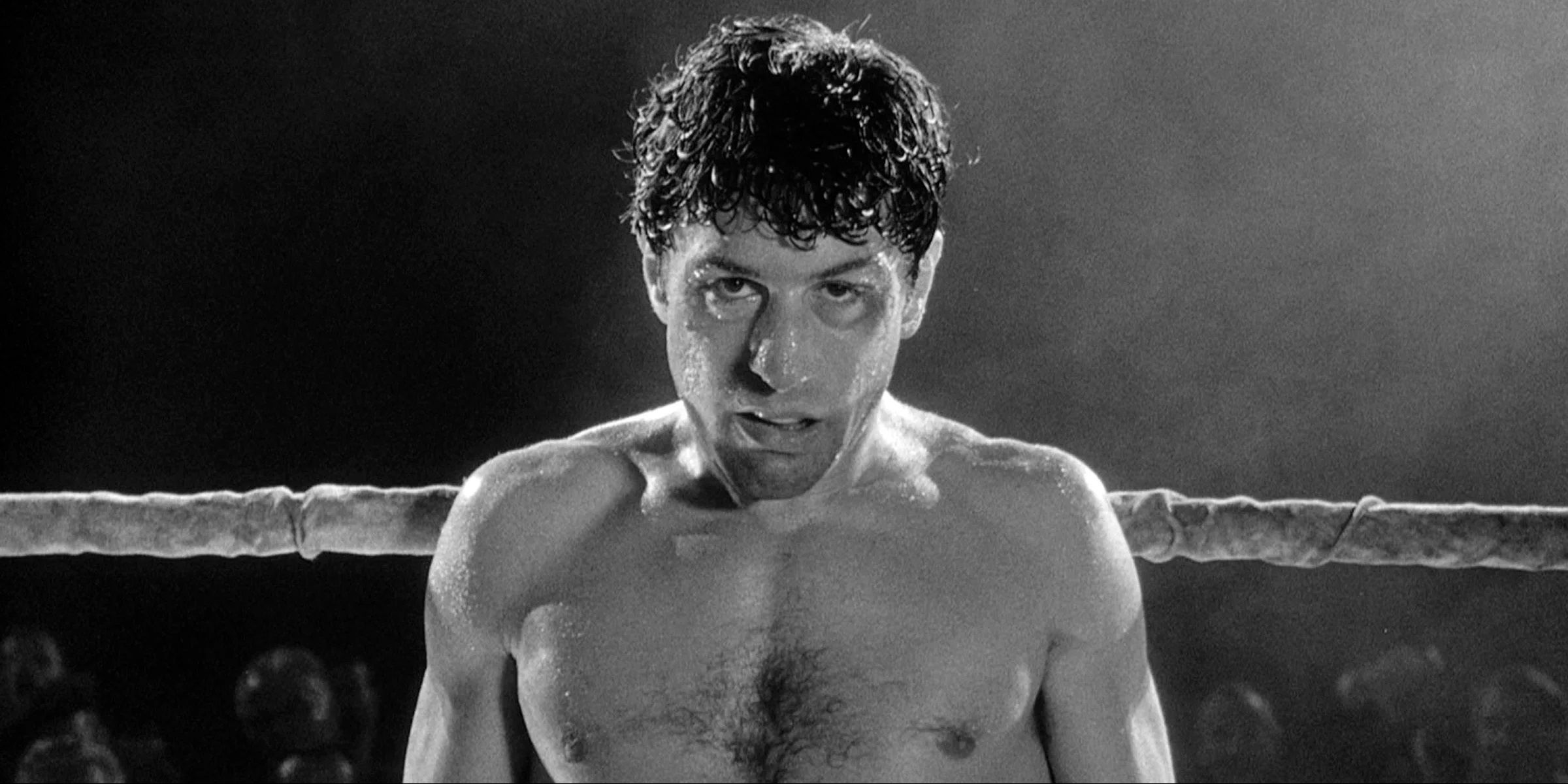
The second Scorsese film on this list, Raging Bull, is a sports biopic based on the life of middleweight boxing champion, Jake LaMotta. One of the filmmaker's most acclaimed works, Raging Bull is a brilliant character study that uses black & white cinematography and subtly experimental flourishes to portray the downward spiral of the boxer's life. The tension between conflicting duties towards family and self-destructive urges is a theme Raging Bull shares with much of Coppola's filmography.
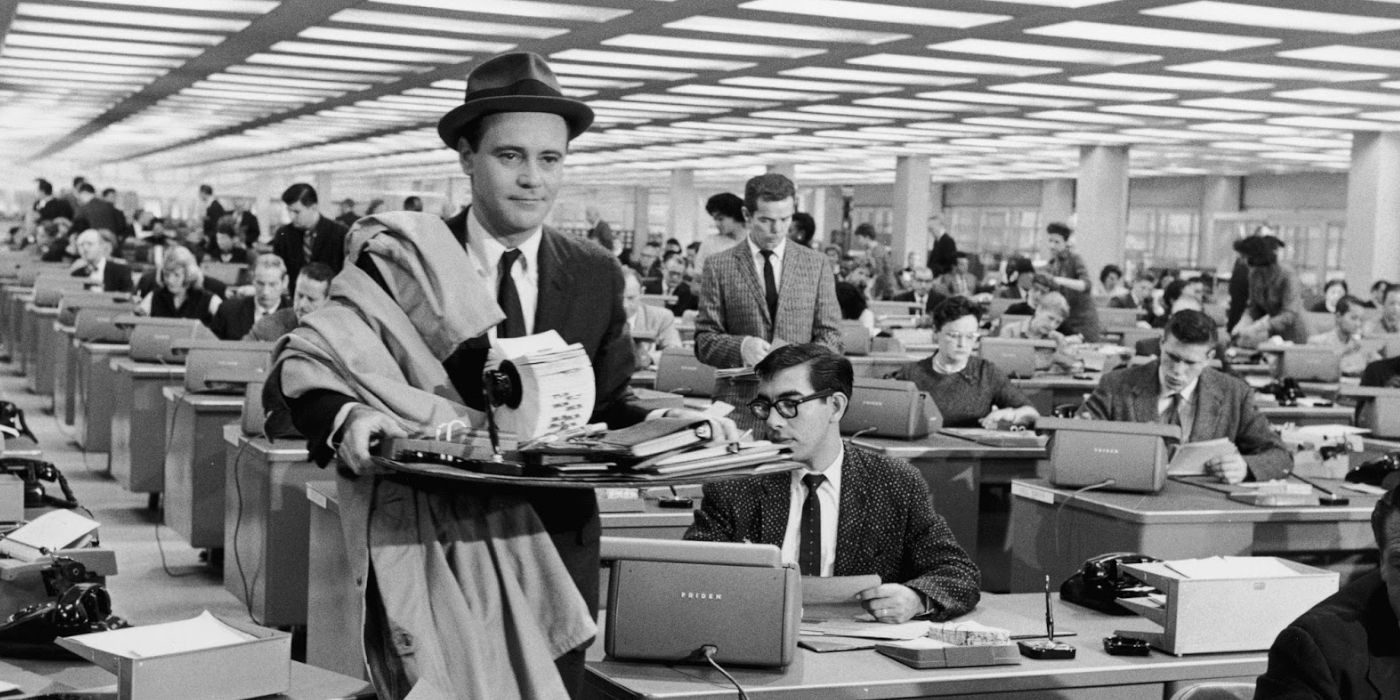
The classic 1960 comedy, The Apartment, tells the story of an insurance clerk, played by Jack Lemmon, who, in hopes of improving his position at work, allows senior coworkers to use his apartment for their extramarital affairs. Due to its loveable characters, witty dialogue, and pitch-perfect narrative structure, Billy Wilder's The Apartment has come to be regarded as one of the greatest American comedies of all time.
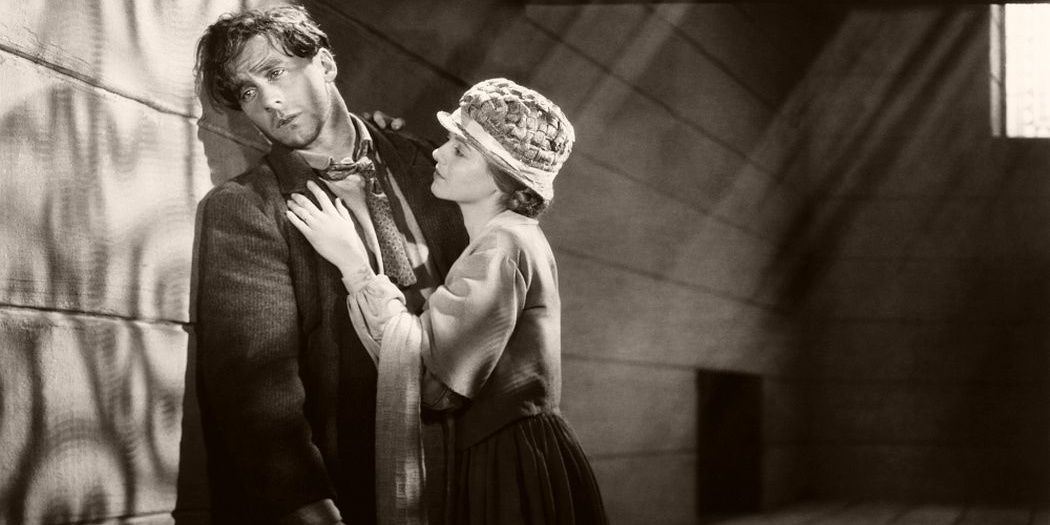
By far the oldest film among Francis Ford Coppola's 10 favorite movies is F.W. Murnau's 1927 romantic drama, Sunrise: A Song Of Two Humans. Murnau's combination of German expressionist art design with Hollywood romance, as well as the film's remarkable tone shifts, are what turned Sunrise into a classic of early Hollywood. It's not hard to see what Francis Ford Coppola finds so inspiring about this particular film, with its fairy tale-like atmosphere, comedic city outing, and stylish decors - it's right up Francis Ford Coppola's alley.
from ScreenRant - Feed https://ift.tt/yPXRj73
via Whole story

Post a Comment